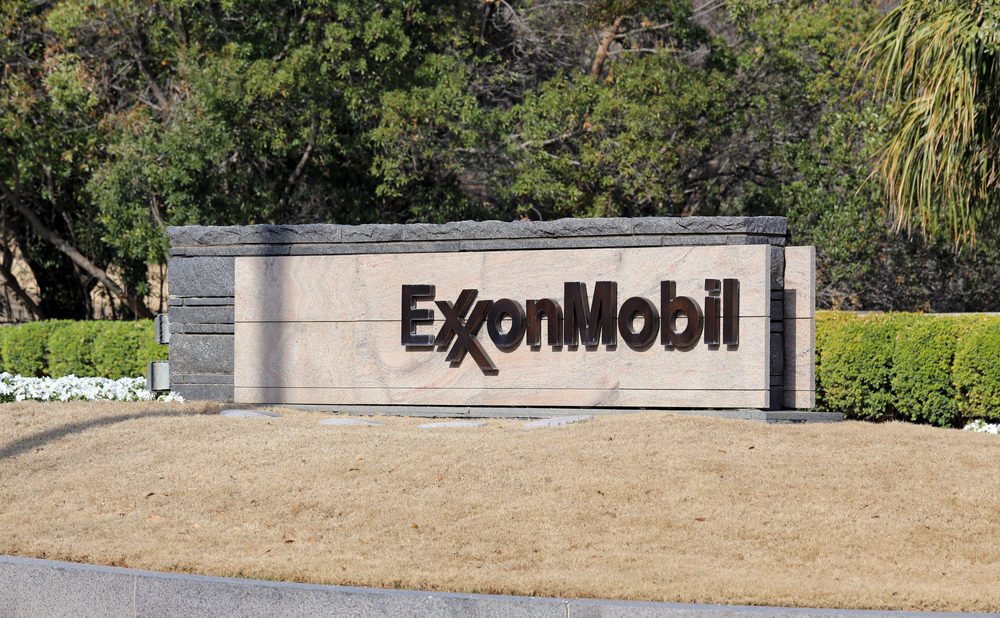
ExxonMobil announced last week its ambition to reach net zero greenhouse gas emissions in its operations in the next three decades, but did not make any commitments to offset or reduce its scope 3 emissions.
Scope 3 emissions refers to emissions that result from burning the fossil fuels they sell, while scope 1 refers to direct emissions from the company and scope 2 the emissions associated with energy they purchase or use to run their operations.
GlobalData Managing Energy Analyst Will Scargill said the announcement brings Exxon in line with the other five supermajors, which had all previously announced targets for net zero by 2050.
However, Scargill notes the company stands out among its peers as the only one not to have set targets around scope 3 emissions from the products it sells.
He continued: “This gap in strategy puts it at risk of losing ground as a major player in the energy space as the global transition to cleaner energy consumption accelerates.
“Exxon’s latest announcement only covers scope 1 and 2 emissions resulting from its operations, and excludes the scope 3 emissions that occur when the oil and gas it produces are used.
“These emissions are at least five times larger than those covered by the target, and, based on its upstream oil and gas production, GlobalData estimates that these emissions will increase by around 15 per cent over the next five years.
“This could effectively cancel out the emissions reduction targeted for this decade, which is already less ambitious than those of some peers.”
Earlier in January, Exxon publicly reported its scope 3 emissions for the first time, revealing emissions from its petroleum product sales in 2019 were equivalent to 730 million metric tonnes of carbon dioxide.
The company said in a statement that reporting scope 3 emissions was less certain and less consistent because it includes the indirect emissions resulting from the consumption and use of a company’s products occurring outside of its control.
Scargill continued: “While oil and gas demand appears relatively resilient in the short term, Exxon’s lack of a scope 3 target reflects a strategy that may leave it behind the curve in growing clean energy sectors.
“European competitors BP, Shell and TotalEnergies have all set targets to reduce the carbon intensity of the energy they sell, and have shifted significant investments to renewables in line with this strategy.
“ExxonMobil has shunned renewable power and identified biofuels and hydrogen as target markets for its low carbon solutions business, but it is not a leader in these sectors.
As governments, companies and consumers continue to push for faster decarbonisation, Exxon faces playing catch-up to remain a key energy player.”







